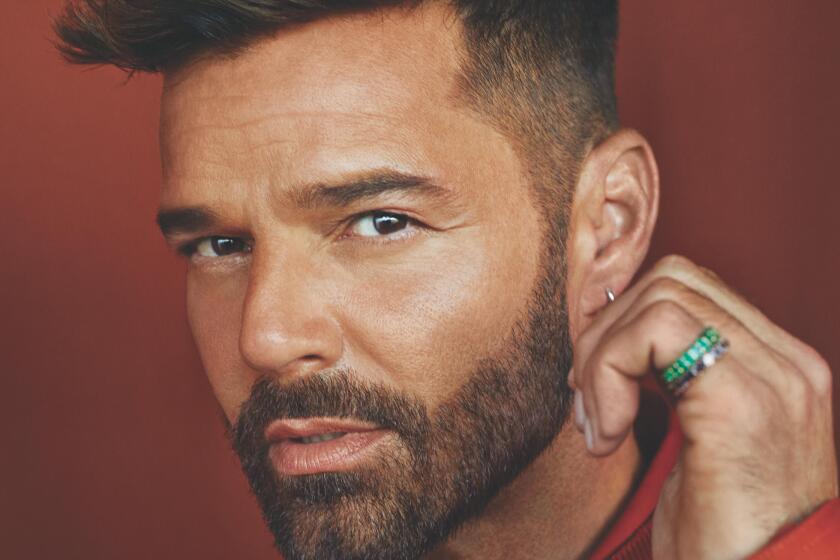Apple Renews 99-Cent Song Deals
How long can Steve Jobs hold the line on 99-cent downloads?
Apple Computer Inc. this week renewed deals with the four largest record companies to sell digital songs for 99 cents a track, but there is little harmony between the labels and their biggest online retailer.
Under Jobs, Apple has kept song prices uniformly under a dollar since the online iTunes Music Store opened three years ago. Low prices, the Apple chief executive has argued, reduce piracy.
They also help move Apple’s most popular product, the iPod.
Some music executives long have wanted to charge more for their most popular tracks. Their hope: to recover some of the profits lost as CD sales slide. But because iTunes accounts for about 80% of the nation’s legal music downloads, labels are in the unfamiliar position of having little bargaining power.
Apple’s market power keeps a lid on prices at all online outlets.
“The labels say they want to charge more, but they’ve never proven that they’re offering consumers any new value in exchange for the higher cost,” said entertainment analyst Mike McGuire of research firm GartnerG2. “And because there’s no online retailers that rival Apple, the labels lose both the moral grounds and the leverage to demand price increases.”
Digital downloads have become an increasingly important part of the music industry. Although sales of physical music albums continued to decline in 2005, worldwide digital music sales more than doubled to $1.1 billion, accounting for about 5% of the industry’s revenue.
As sales increase, some labels want more control over pricing. Warner Music Group Corp. Chief Executive Edgar Bronfman Jr., for instance, said last year that having “only one price point is not fair to our artists.”
But the industry is far from united -- and Jobs and Cupertino, Calif.-based Apple have leveraged those divisions to keep prices flat.
The company declined to comment on specifics of the negotiations, but Apple spokeswoman Natalie Kerris confirmed that “we’ve renewed the agreements with the major music companies to continue to offer music at 99 cents per song from a library of over 3 million songs.”
“If they want to raise the prices,” Jobs said at a news conference last year before negotiations began, “it means they are getting greedy.”
Apple did consent to some changes in the latest round of contract negotiations, label executives who participated said. For instance, the computer company agreed to make technological changes that would allow labels to post music videos more quickly, and consented to continue variable pricing on full album downloads. Moreover, Apple agreed to improve the digital rights management software that makes it difficult for hackers to copy or post songs purchased on iTunes to Internet file-sharing networks.
Universal Music Group, the world’s largest record company, agreed with Apple that it was unwise to charge more than 99 cents for the most popular tunes.
“We want to get more people discovering and enjoying digital music and grow the marketplace,” said Rio Caraeff, a Universal Music executive who helps oversee the company’s digital strategies. “The wrong way to do that is to charge early adopters higher prices.”
Others say that even if Apple permitted variable pricing, a sliding price scale would wreak havoc with music company’s current accounting systems. Executives at some labels say it would take them as long as 12 months to develop necessary databases to sell songs at variable rates.
“It’s really complicated to track royalties and copyrights and other payments for online sales unless everything costs the same amount,” McGuire said. “And if you decide you’re going to charge more for new songs, but once they’re 18 months old they revert to the price for older songs, its complicated to track all of that.”
Apple shares rose $2.02 to 71.62.
Times staff writer Dawn C. Chmielewski contributed to this report.
More to Read
The biggest entertainment stories
Get our big stories about Hollywood, film, television, music, arts, culture and more right in your inbox as soon as they publish.
You may occasionally receive promotional content from the Los Angeles Times.






